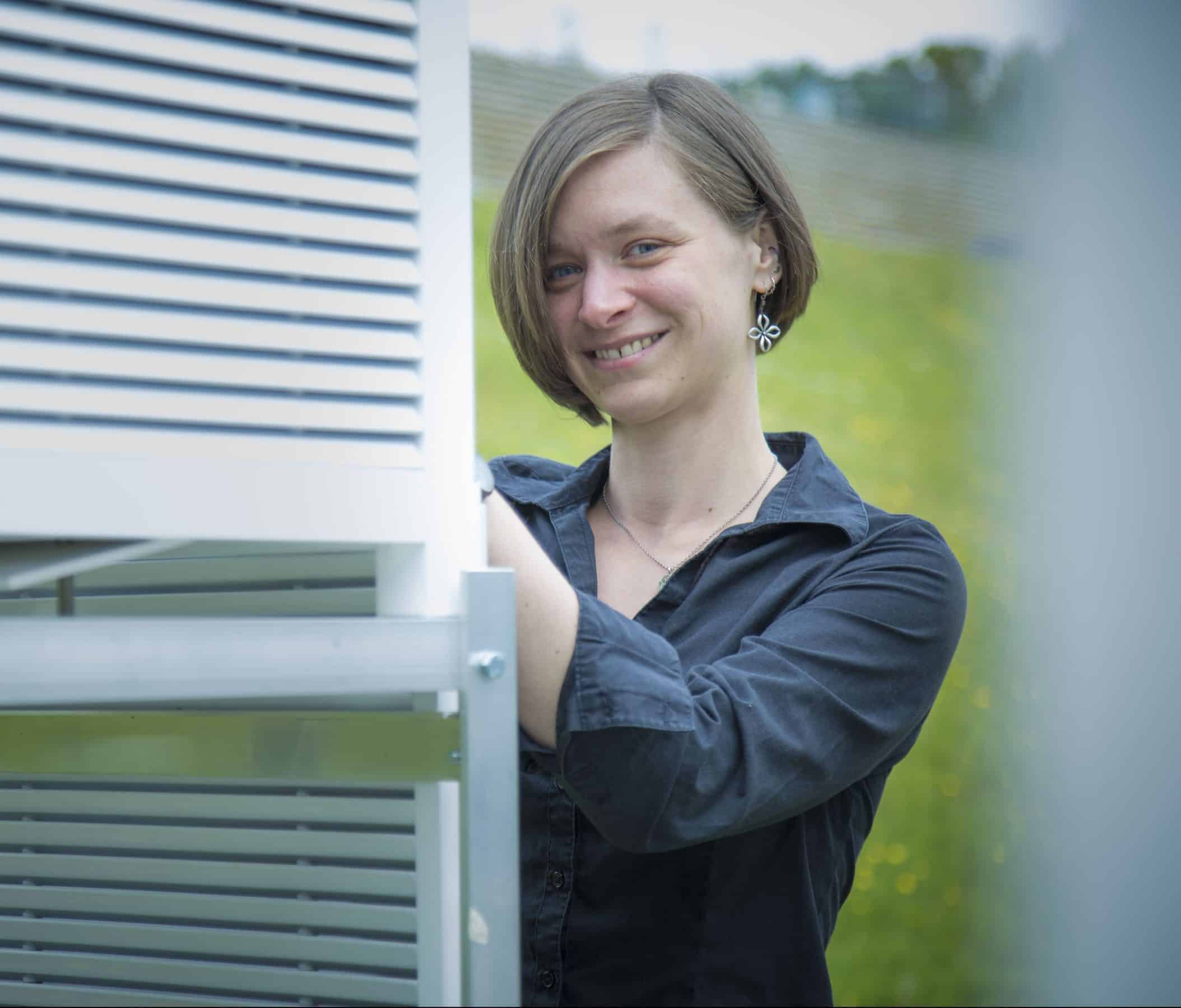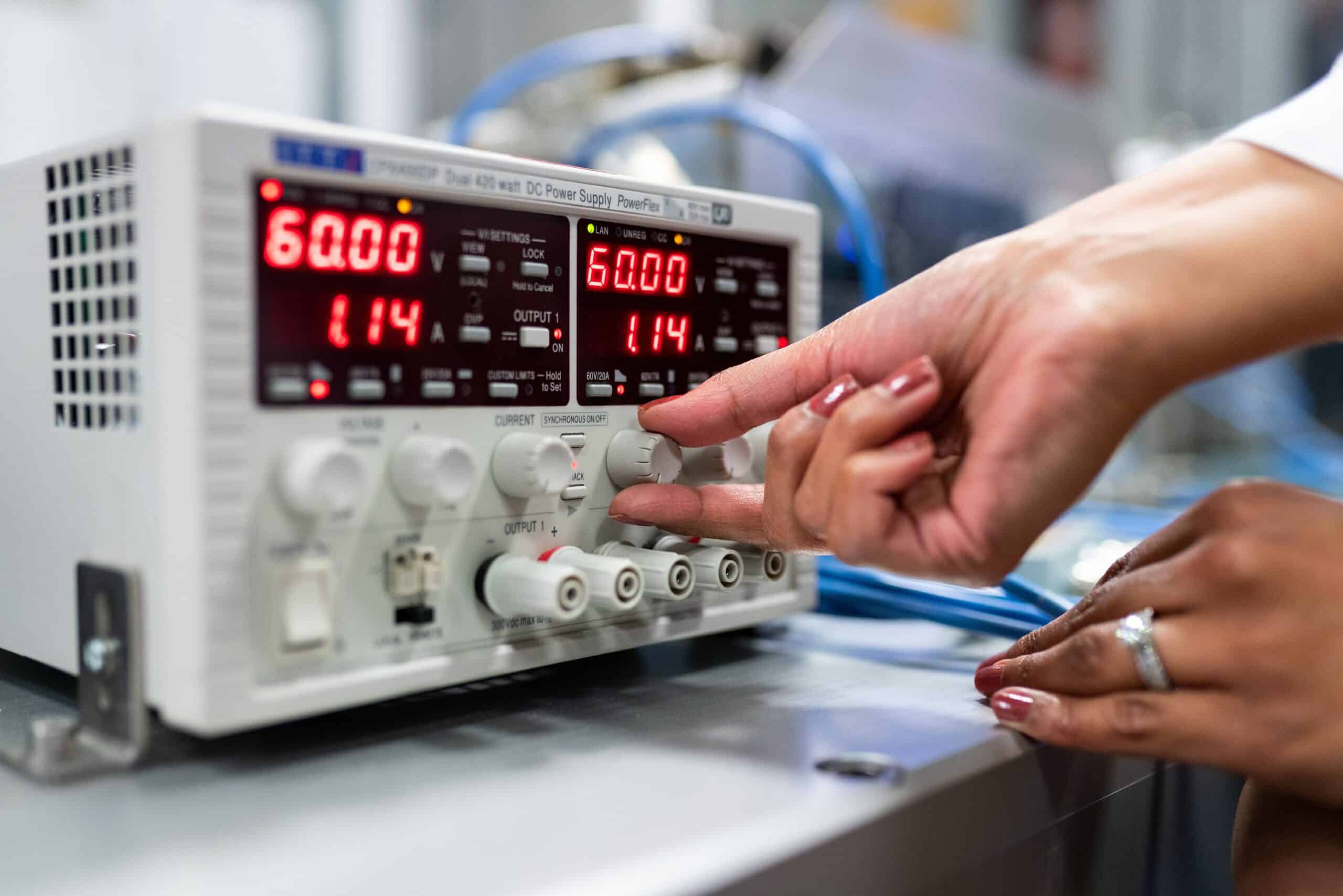Name: Claire Burke
Job title: Climate change attribution scientist
Organisation: Met Office
Number of years in current position: Two
Qualifications:
PhD astrophysics (Liverpool John Moores University).
MPhys Physics with astrophysics (4 year undergraduate masters: University of Manchester)
Briefly describe the organisation you work for:
The Met Office is well known for weather forecasting, however we are also leaders in research into climate change and weather science.
Explain what you do on an average day at work:
Attribution science is about looking at trends in the weather, and often extreme weather, to see if things are changing. If we find that extreme weather events, such as floods, droughts, storms, and heat waves are becoming more common or more severe then we try to find out if man-made climate change has caused the changes.
We can figure out if climate change causes the worst weather to become more extreme by using climate models – simulations run on a super computer. We run a model of the world with only natural influences in it, such as the solar cycle and volcanoes. Then we run another model – the real world model – which includes human influences, such as emitting greenhouses gases, expanding cities, deforestation and many other things, the natural influences are also included. We compare what happens in reality with what the weather looks like in our natural-world model and our real-world model.
If the real-world model, with human influences, looks more like what actually happened then we know that climate change has influenced the weather – a lot of the time it does. On an average day I will be looking at an extreme weather event and comparing it with computer model output, finding different ways to analyse the data, making sure that the model is correct, and finding ways of determining how climate change has influenced the weather.
What do you like most about your job?
Helping to save the world from climate change. Understanding how the weather works and why extreme weather happens.
What stimulated your interest in maths, and when?
I was inspired to study astrophysics when I learned about the life cycle of stars at high school. Maths is the language of physics and is the main tool to solve problems and figure out what is going on in physics.
What influenced your career choice?
The astrophysics was motivated by a keen desire to understand how the universe works and where we all came from. After working in research in astrophysics for a few years I moved over to climate science. I saw an interesting job advert for a climate scientist and realised I could use my scientific and mathematical skills to help solve one of the largest challenges facing mankind today.
Which skills do you consider to be essential for your job?
Understanding the physics. Being able to analyse data. Being good with computers and problem solving. Being able to communicate complicated scientific ideas in a way the non-scientists can understand.
Any advice you may have for other individuals considering your career path:
Follow the things that interest you and give it your best. Sometimes it can be hard work but the rewards are great.
Your future career plans:
To lead a research group in climate change.






